CARICOM Free Movement of labour is flawed in theory practice and common sense and is dangerous to the continued growth, social stability, and economic progress of member states. The recent announcement that CARICOM Member States will move to free movement of all Caricom nationals with the right to move and live in any member state without any restrictions and conditionalities except for public safety by March 30, 2024, created an outpouring of disapproval, skepticism, and concern from the public. CARICOM Heads of state long criticized for implementation gaps, see this as a culmination of the CSME project initiated as far back as 1989 at Grand Anse Grenada where CARICOM Heads of Government decided to transform integration arrangements in 1973 into a fully-fledged single market and single economy. By 2002 the revised Treaty of Chaguaramas had prescribed the removal of existing barriers in which not only goods but services capital technology and skilled persons should from then enjoy new and unrestricted rights to the establishment of enterprise in the region.
CLICK HERE TO GET ON THE ABN WHATSAPP
The idea was that establishment of a single market would allow the region to scale up and achieve faster levels of economic growth and development with higher levels of human development and prosperity than previously existed. The assumption was that surplus labour would relocate to countries where there is a shortage of labour in growing economies creating a win-win situation for both the exporting country and receiving country.
CARICOM deemed the free movement of labour as essential to the creation of a single market and single economic space where all factors of production are free to move. Unlike Europe there was no concomitant movement in political integration with a powerful Caribbean lawmaking Parliament and financial integration with a single currency and economic support integration with compensatory financing and development capital to fund the development of member states lagging in their pace of growth, development, or human welfare.
Migration is a development challenge where about 184 million people 2.3% of the world’s population live outside of their country of nationality. Free movement of Labour is not a policy that is common to nation states, in fact very few if any nation state allows the free movement of Labour into their national economy. The free movement of Labour has not proven to be essential to the development growth and prosperity of the prosperous economies in the world neither USA, Canada, Latin America, Japan, India, China, Taiwan, Singapore not Saudi Arabia none of these countries allow free movement of labour but rather practice managed immigration policies where they seek to match the characteristic of migrants to the needs of the economy.
As the World Bank Development report 2023: Migrants and Refugees lays out, the appropriate response policies for migration policy should revolve around how well migrant skills and attributes match the needs of destination countries because this largely determines the economic effects of their movements while the motives underlining their movements determine the destination and the approach to managing migrant flows. Immigrants normally move toward countries where there is an opportunity to increase their income secure employment and increase the quality and standard of living of their families.
Where countries require unskilled labor for jobs referred to as The Dirty Dumb Dangerous poor paying jobs, nations have allowed unskilled labour to come in. Where countries require skill labour, whether in nursing in teaching and technology in PhD qualifications in entrepreneurship and investment capital nations have utilized the immigration policy to attract those individuals. Most nation states practice an immigration policy based on matching the immigrants to the needs of the host nation. This policy has proven to be beneficial. Nation states have also placed a cap on the number of migrants. This has also proven to be important to maintaining cultural integrity and reduction of social conflict and political upheaval and animosity against migrants. The refugee crisis in Europe is a clear example of this.
CARICOM free movement is proposing a policy contrary to this best practice. CARICOM agreements and decision making have always been flawed by a perspective that regards CARICOM as a unitary state and its population as economic agents only, with a common cultural grouping belonging to a sovereign state without consideration for winners and losers. The reality is different. CARICOM members are independent sovereign states with cultural diversity and fierce economic sporting and cultural competition and prejudices where nationalistic pride and preferences embody the notion and hold sacrosanct nationals first and with the nationals having the political vote to enforce their will and views during elections.
The CARICOM free movement will have winners and losers and could become a model of poverty distribution. In this regard if one uses per capita income as a proxy or the level of poverty as a proxy or historical migration destinations in the region as a proxy it will be obvious that countries like Antigua ST Kitts Trinidad Barbados Bahamas would be prime destination targets because of their higher per capita income and larger anchor population of migrants who settled before in these countries,
Except for Trinidad and Tobago these other destination countries are small and do not have the absorptive capacity to accept the flows of migrants from larger countries such as Jamaica Haiti Guyana. With absorptive capacity meaning the ability to seamlessly integrate and assimilate immigrants into their national population guaranteeing them basic rights of access to public school’s health care welfare housing land public and private employment opportunities social security and medical benefits and jail cells. Caribbean prisons are notoriously known for their overcrowded status with most governments unable to finance major reforms necessary.
With a significant disparity in the number of university professionals in the larger Caricom vis a vis OECS countries, one could easily see the top jobs in government and private sector in smaller islands of OECS dominated by non-nationals from larger CARICOM territories. Public procurement private competitive bidding could all be a mis match dominated by larger firms and greater experience and expertise of larger foreign firms compared to smaller national firms of the OECS. There will be nothing competitive about these processes.
Table Showing Per Capita Income(USD) in 2022 according to World Bank
| Country | PER CAPITA INCOME (USD$) |
| ANU | 19,919 |
| BAHAMA | 31,458 |
| BARBADOS | 20,238 |
| BELIZE | 6,984 |
| BERMUDA | 118,774 |
| CAYMAN | 99,624 |
| DOMINICA | 8,351 |
| GRENADA | 9,689 |
| GUYANA | 18,199 |
| HAITI | 1,748 |
| JAMAICA | 6,047 |
| ST KITTS | 20,262 |
| ST LUCIA | 13,030 |
| ST VINCENT | 9,125 |
| SURINAME | 5,858 |
| TRINIDAD | 19,629 |
| TCI | 24,917 |
Table Showing Countries’ Population in 2022 according to World Bank
| Country | Population |
| Anu | 93,760 |
| Bahamas | 409,980 |
| Barbados | 281,000 |
| Belize | 405,272 |
| Bermuda | 63,532 |
| Cayman | 68,710 |
| Dominica | 72,740 |
| Grenada | 125,440 |
| Guyana | 808, 730 |
| Haiti | 1,1585,000 |
| Jamaica | 2,827,340 |
| St Kitts | 47,660 |
| St Lucia | 179,860 |
| St Vincent | 103,950 |
| Suriname | 618,040 |
| Trinidad | 1,531,040 |
| TCI | 45,700 |
The profile of the proportion of migrants to national populations even in the largest and most prosperous countries in the world have remained low for example in Germany proportion of migrants to national population is 15 percent in UK 14.8 PERCENT it is14,4percent in USA 10 percent in Canada 10 percent in France 17 percent in Spain. By way of contrast Antigua is reporting 30percent of its population as non-national and World Bank is reporting that Guyana and St Vincent non-national population is over 50percent. Inherent in keeping these levels of immigrants’ low relative to national population is understanding the importance of maintaining cultural integrity and identity and the inherent view that nationals must have priority to jobs positions and opportunities in their host country and that social conflicts and instability can occur if there are sharp competition for employment and benefits among a migrant population and national population.
Countries in understanding the potential for conflict as well as the political risk of incumbent governments losing elections, manage the level of migrants carefully. Even in Europe where there is a desire to challenge North America as a single economic entity where they have achieved freedom of movement among the citizens of EUROPE the high absorptive capacity of the large economies in Europe and the high convergence of the quality of life and living among citizens in various European states have led to intra migration numbers that are relatively small as a proportion of national population in individual member states. Intra migration in Europe follow economic opportunities in large European countries who possess the absorptive capacity to provide jobs social support and integration of these migrants into their communities.
CARICOM therefore should rethink its freedom of movement without restrictions to one which seeks to operationalize the principle of matching the profiles of immigrants to the needs of member states with preference given to Caricom nationals. At the time of rising crime and criminality in the region CARICOM Governments would have to adopt special security features and regimes and protocols to mitigate the spread of regional criminality and utilization of freedom of movement to enhance criminal enterprise and movements.
In fact, contrary to the assumption of CARICOM Heads, it is not the absence of freedom of movement of labour that restricts the growth and prosperity of the CARICOM countries. In fact it is the lack of investment capital to invest in the necessary infrastructure to build climate resilient protection from disaster and economic shocks and to invest in economic sectors that are underdeveloped such as agriculture tourism IT, in education skill training, in health care and equipping the youthful population in the Caribbean with the skills and training that could essentially make them highly mobile and sought after internationally in providing skilled services to economies where their skills are needed.
CARICOM should view Remittances as a distinctive sector prioritized for development with specific plans to maximise and exploit the opportunities existing by focusing on skill training of the surplus labour in the region to exploit opportunities for embodied skill export to prosperous markets in Europe North America or to attract skill intensive industries to relocate in CARICOM countries. While T20 cricket lucrative leagues could be targeted for our skillful cricketers’ media personnel fitness trainers events planners data analyst IT technicians physical trainers to work in countries such as Indian Pakistan Dubai and all other prosperous T twenty leagues. Rather than view the brain drain of teachers and nurses and IT professionals as an insurmountable challenge Caricom should expand local training of its nationals in these areas that are in high demand both locally and internationally.
In short focusing on the remittance market as a very important sector where the surplus human capital can be trained for embodied human export whether in formalized consultant companies and firms or as it’s done with resounding success by the Cuban authorities or by simply having a surplus of trained personnel as is done in India and China in areas of high demand like IT science technology would result in huge remittances flow to the region from these migrant populations whose skills are required in the developed world. The UN is always looking for peace keeping forces certainly we can train more army personnel to fulfill these missions Remittances is already playing most significant role in mitigating poverty and social deprivation.
Since 2015 Remittances have been the largest source of external finance flows to low- and middle-income countries other than China. Remittances have been about three times the volume of official development assistance for more than a decade and exceeded foreign direct investment flows to low- and middle-income countries by more than US 250 billion in 2023. In 2023 total remittance flows to low middle income countries increase to 860 billion U.S. dollars with growth projected at a similar rate of 3.1% in 2024.
Remittances as estimated by the World Bank in 2022 to be 25% of GDP in Jamaica or 3.5 BUSD and in Dominica 8.6% GDP in Saint Vincent’s 7. 3% of GDP, in Belize 5% of GDP in Guyana 3.7% of GDP, Saint Lucia 2.4% GDP, Antigua 1.9% of GDP or about 45musd. in Barbados 1.5% to GDP. The World Bank estimates that if it includes informal methods of collecting Remittances in Caribbean the total Remittances received would increase by at least fifty percent.
India is the largest recipient of remittances since 2008, in 2023 India remittances inflows was125 billion USD while China was 50 billion USD.
Finally it is well known that the poor and the unemployed in most countries lack the ability to travel lack the financial capacity to travel and move and it is the educated, the young professional, mobile unskilled young workers that are more likely to migrate potentially causing harm to the economy of the exporting country. Albeit the short distances and low cost of travelling between these islands and presence of anchor population in destination countries would allow a larger number of unemployed individuals to move within the region.
Solving the poverty crisis and the unemployment crisis in the region will not occur through free movement of individuals neither will CARICOM economic prosperity accelerate because of free movement. It is most likely that the Free Movement will distribute poverty and crime across CARICOM causing greater social instability and conflict.
The substantial number of unskilled workers and lack of capacity of member states with higher per capita income to absorb those levels of unskilled surplus labor will result in friction and retardation of economic growth and social decline in the receiving countries.
CARICOM member states can help themselves first by developing and capitalizing their own Development Fund by agreeing to establish a Caribbean investment fund finance by 5% of the investment portfolio of their various central banks and special sovereign investment funds for Caribbean wide investments in all underdeveloped sectors as agriculture tourism as in health services and educational skill training educational health and IT skill training in manufacturing and technological services and cargo transport and airlift services. Presently all Central Banks in the region and sovereign wealth management Funds in the region reserves and investment portfolio are invested in North American and European markets.
It should be noted that the freedom of movement of goods in Caricom behind a wall of tariff protection and rules of origin essentially benefit the manufacturing states in CARICOM mainly Jamaica Trinidad Guyana Barbados who are large net exporters to the rest CARICOM member states without any compensatory mechanisms for the protection provided for these manufacturing goods and the increased cost nationals in the OECS countries bear and revenue deprivation of national treasuries. Again, there is no mechanism to assess winners and losers in the implementation of policies by CARICOM.
Finally CARICOM member states economy is geared towards targeted markets in developed world in North America and Europe and many CARICOM countries compete for the same investment capital in the areas of tourism and services and they all struggle to provide the social services required by their nationals in terms of housing adequate schooling healthcare facilities and infrastructure like running water roads and security against criminality. Very few CARICOM countries can accommodate a large influx of unregulated migrants. The fact that CARICOM is seeking to restrict Haiti a full member of CARICOM from accessing the free movement protocol is proof positive of the dangers of free movement between economies at wide levels of income and social development and population size. The risk of unfettered unmanaged immigration is a clear and present dangerous risk to small economies in CARICOM and to countries at high-income levels.
The single market has done little to increase and integrate the trade relationships among CARICOM member countries simply because we are all net importers of a great number of our products from extra regional sources and member countries lacked the investment capital required to competitively produce these goods and services at levels that would prove to be affordable to nationals within the region. Even for goods produced in the region eighty percent of the raw materials are imported from non-CARICOM sources.
CARICOM would be better off focusing on raising investment capital and investing in underdeveloped sectors such as tourism agriculture blue economy and human resources creating productive employment opportunities for its nationals as well as focusing on increasing the social and disaster protection of its people and economic infrastructure. The unfettered free movement of Labour fulfills a sentimental historical political ideal of CARICOM leaders dominant in the historic quest to form a Federation, it just does not make economic and social development sense at this time.
CLICK HERE TO GET ON THE ABN WHATSAPP
Аdvеrtіѕе wіth thе most visited news site in Antigua and Barbuda ~ Wе оffеr fullу сuѕtоmіzаblе аnd flехіblе dіgіtаl mаrkеtіng расkаgеѕ. Yоur соntеnt іѕ dеlіvеrеd іnѕtаntlу tо thоuѕаndѕ оf uѕеrѕ іn Antigua аnd аbrоаd via our One Signal push notifications! Соntасt uѕ аt [email protected].
———————————————————————
CLICK HERE TO GET ON THE ABN WHATSAPP
CLICK HERE TO GET ON THE ABN WHATSAPP
CLICK HERE TO GET ON THE ABN WHATSAPP
CLICK HERE TO GET ON THE ABN WHATSAPP
CLICK HERE TO GET ON THE ABN WHATSAPP
CLICK HERE TO GET ON THE ABN WHATSAPP
Make a donation to help support ABN, via PayPal: [email protected]. Follow Antigua Breaking News on X, formerly Twitter @ABNAntigua, and Instgram @AntiguaBreakingNews and on Facebook. Send us a message on WhatsApp at 1-268-779-3189 or email us at [email protected].


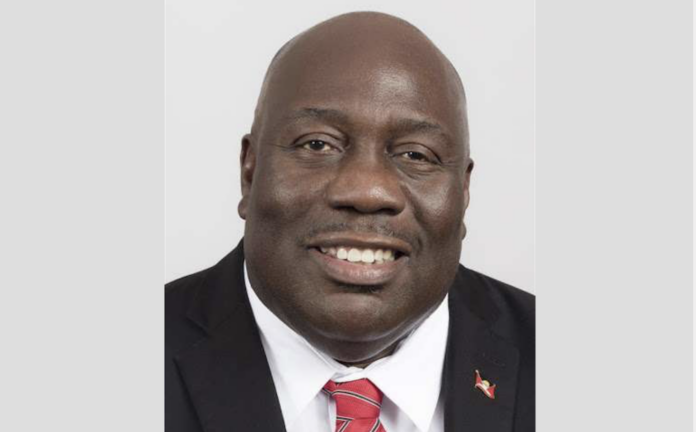








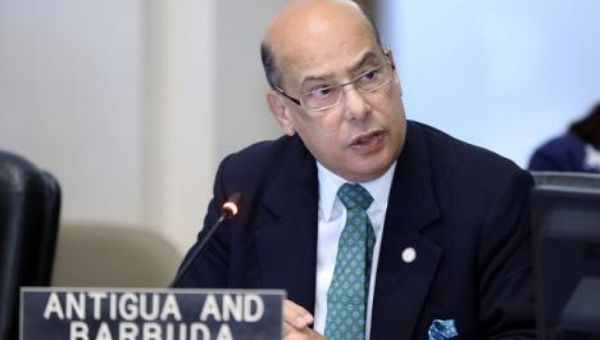
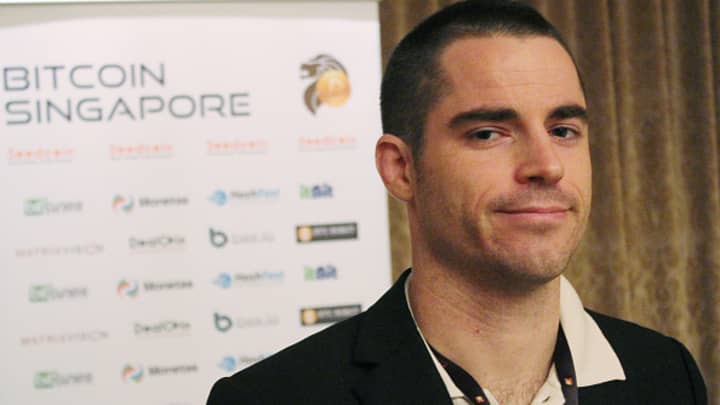
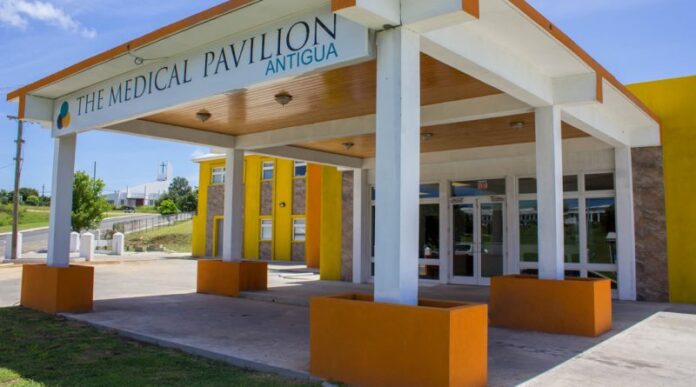

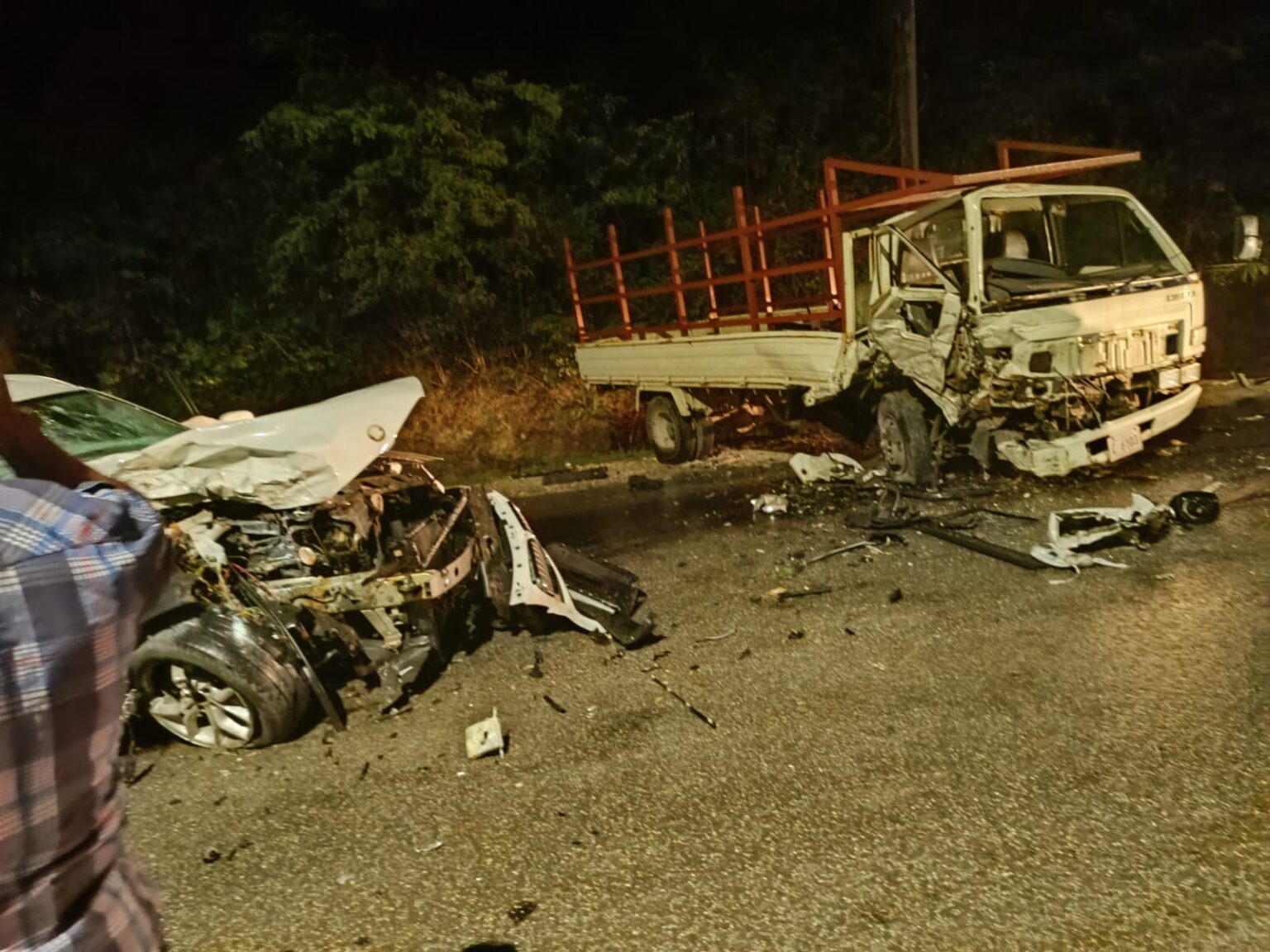





2 responses to “Lennox Weston | CARICOM Free Movement Agreement Flawed In Theory, Practice And Common Sense”
Signs of One World Order
How is it that you can see this now? When you were going to the “Next Level” with the “For Your Eyes Only” document you didn’t see it? Sad that it took estrangement and outer, for your “Red Scales” to be lifted.